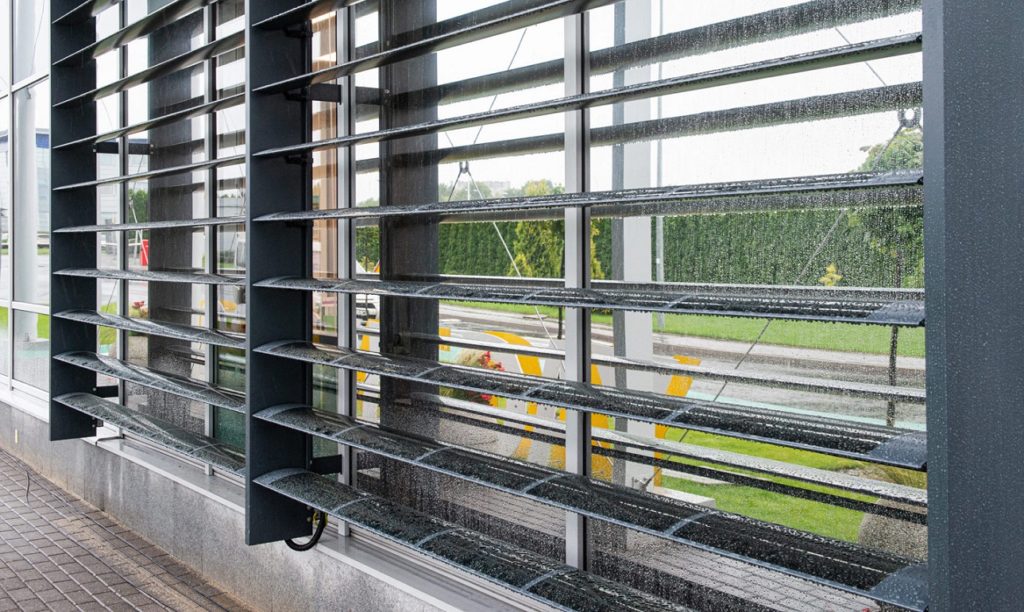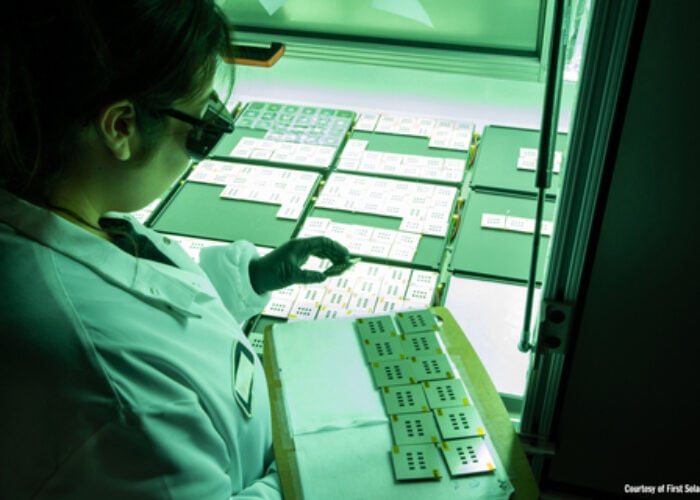
German technical services company TÜV Rheinland has introduced a new certification for building-integrated PV modules (BIPV), which it said is a globally unique testing standard.
According to TÜV Rheinland, the new testing measures examine both building requirements and electrotechnical suitability for BIPV modules, and will include preparations for approval by building authorities.
Try Premium for just $1
- Full premium access for the first month at only $1
- Converts to an annual rate after 30 days unless cancelled
- Cancel anytime during the trial period
Premium Benefits
- Expert industry analysis and interviews
- Digital access to PV Tech Power journal
- Exclusive event discounts
Or get the full Premium subscription right away
Or continue reading this article for free
“The new TÜV Rheinland certification offers a solution for subjecting building-integrated photovoltaic modules to an independent and standardised testing and quality assurance procedure even before they are sold,” said Lukas Jakisch, segment manager at TÜV Rheinland.
The company said that its new certification is based on the current BIPV standards, which are not mandatory for new products.
In August, PV Tech reported that the BIPV market is set to reach nearly US$100 billion by 2031, with Europe having accounted for 43% of the market in 2021.
The EU has prioritised rooftop and building-mounted solar as part of its REPowerEU scheme, and recently slashed permitting times for PV deployed on artificial structures as part of an emergency regulation.






